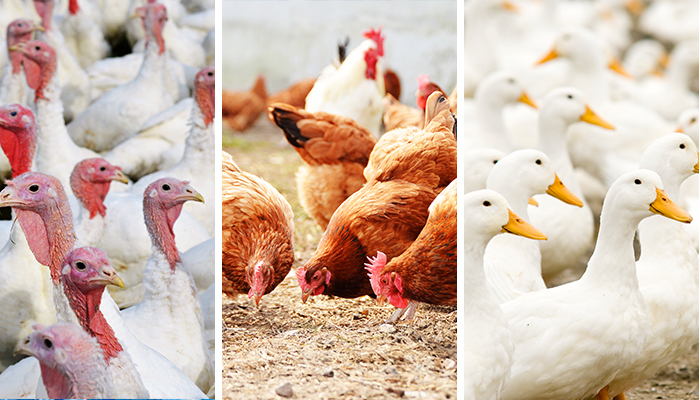13 February 2025
Poultry housing order to come into effect

In an effort to protect poultry and captive birds from the risk of avian influenza, a compulsory housing order will come into effect on Monday, 17 February, 2025.
Announced by the Minister for Agriculture, Food and the Marine, Martin Heydon T.D., the order has been issued due to the heightened risk of avian influenza recently, and follows on from strict biodiversity regulations introduced for poultry on December 6, 2024.
“I am taking this action to reduce the threat to our industry and to our poultry farmers’ livelihoods. Poultry and captive birds must be housed from Monday 17th February, as this will reduce the opportunity for contact with potentially infected wild birds, which is one of the ways in which the virus can spread,” Minister Heydon said.
In instances where it is not possible to house poultry or kept birds, the Minister noted that they must be confined in such a manner that they do not have access to other poultry, other captive birds, or wild birds.
Once again, the Minister further emphasised the importance of biosecurity, noting that it “is the single most effective way to prevent the virus spreading from wild birds into poultry, or between poultry flocks.
“All those who have poultry or kept birds must take strict precautions and exercise the highest standards of biosecurity to protect your flocks from the threat of avian influenza, and to protect the poultry sector in Ireland.”
Already five cases of avian influenza have been confirmed in wild birds in the Republic of Ireland, while a further case was confirmed in a small captive bird flock in Co. Derry, Northern Ireland. Given the presence of avian influenza, the Department of Agriculture, Food and the Marine has advised members of the public not to handle sick or dead wild birds and to report any episodes of sick or dead wild birds to their Regional Veterinary Office or, if outside business hours, to contact the National Disease Emergency Hotline on 01 492 8026. It is also closely monitoring and assessing the disease situation and is in regular contact with industry stakeholders and counterparts in Northern Ireland.
Further information, including a detailed technical update, is available on the DAFM website.
